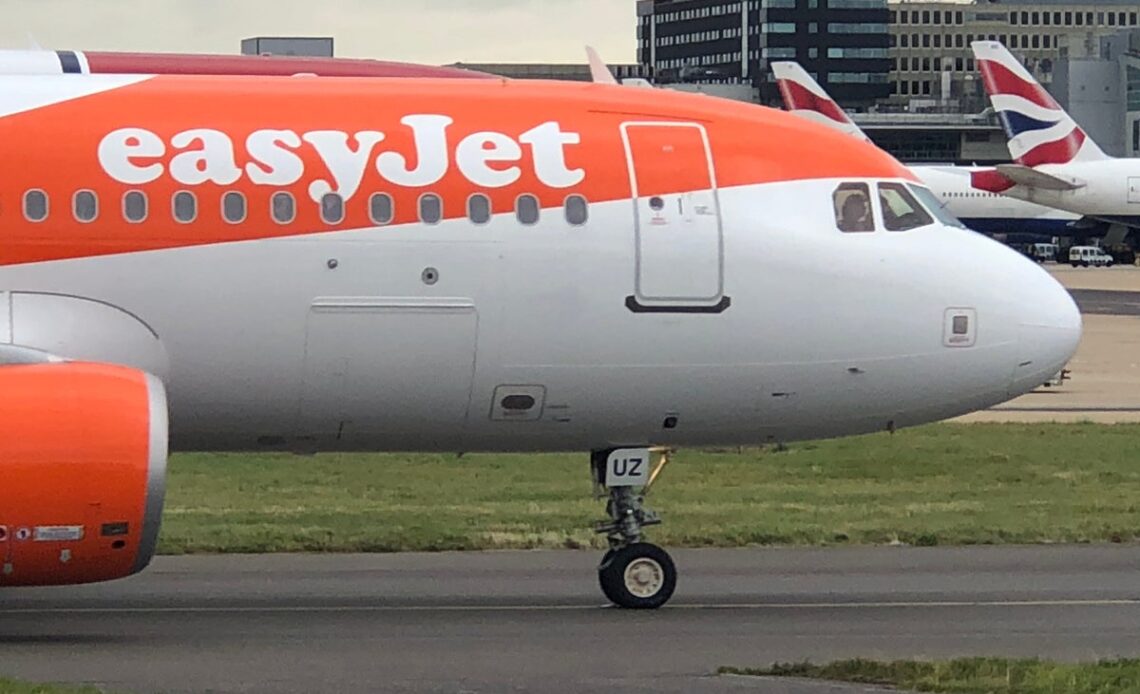The good folk at Which? – the brand name of the Consumers’ Association – have strong views on compensation for airline passengers whose flights are delayed. Not a penny less is their attitude.
The context: if your flight arrives at its destination airport (arrival counted as the time the first door opens) three hours or more late, you are generally entitled to between £220 and £520 in cash compensation.
The intentions of the compensation system first dreamed up by the European Union 18 years ago were no doubt sound. But the legislation was poorly thought out and subsequently interpreted oddly by the European Court of Justice in some weird ways – notably concluding that a three-hour delay is equivalent to a flight cancellation.
Today the rules are nonsensically binary. It matters not whether you wait for three hours or 30, and the amount of money you win depends on the distance of the flight rather than how much you paid for your ticket.
The Department for Transport (DfT) plans to make the system fairer for UK trips, with graded compensation based on the length of delay and the air fare.
Which? disagrees: “We are calling for the DfT to drop plans that it has proposed to reduce compensation passengers are entitled to when domestic flights are severely disrupted.
“These changes would remove an important deterrent against bad business practices. For example, for a flight between London and Edinburgh with a full capacity of 180 passengers, an airline would potentially have to pay out up to £39,600 for delays of three hours or more under the current rules.
“Under the government’s proposed scheme the maximum payout is reduced to just £7,920.”
Leaving aside the matter that the Which? calculation seems to suggest the fare paid by everyone is £44, you can be assured that no airline ever wants to delay a flight by three hours – and there are financial penalties a-plenty for doing so.
As a senior aviation figure puts it: “In any other walk of life, a refund for a service failure is linked to the price paid for the product.
“This is the case for compensation schemes in rail and the maritime transport industries, which seem to work perfectly well.”
Take that London-Edinburgh journey. If I arrive half an hour late on a train, I get half the fare back. Between an hour and two hours, the one-way ticket price is refunded. And above two hours, it’s the cost of the return journey. That applies whatever the cause of the delay (which this week was an…
Click Here to Read the Full Original Article at The Independent Travel…
